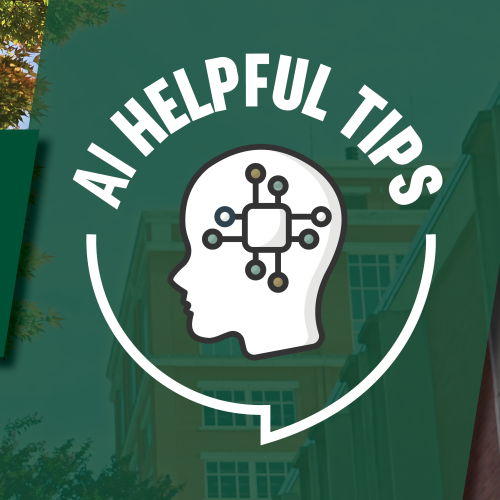AI Helpful Tips: Understanding Zoom Closed Captions and Live Transcripts

As we continue to leverage Zoom for meetings, lectures, and collaborative work, it’s important to understand the various accessibility features available to us. Two features that often get confused are Zoom Live Transcription and Zoom Closed Captioning. While both aim to provide a text-based representation of spoken words, they function differently and serve slightly distinct purposes. This article clarifies the key differences between these valuable tools.
Zoom Closed Captioning:
- Real-time text overlay during live meetings.
- Provides immediate visual access for individuals who are deaf or hard of hearing.
- Automatic, which is AI-powered. Manual, which is human-provided.
- Temporary (unless saved with the recording).
Zoom Live Transcription:
- Creates a written record of spoken content.
- Delivered as a separate, searchable text file, after saving.
- Useful for review, search, archival, and accessibility.
- Zoom can automatically transcribe cloud recordings.
| Key Difference: Closed captioning is associated with video images, transcription is only audio.
In short: Use Closed Captioning for real-time accessibility and Transcription for post-meeting review and information retrieval. Leverage both features to create more inclusive and accessible environments. |
Information for Hosts
For accessibility reasons,the ability to view and save a transcript is enabled by default for all user profiles. If a meeting host does not want a meeting recorded including having a transcript generated, the meeting host must turn off that option in their account web portal. Settings that affect transcripts are found under Recording and Meeting settings. See this FAQ.
If the transcript options are not disabled by the host, participants can still view and save a transcript even when the meeting is not being recorded.
FAQs
- How do I generate a Zoom audio transcript?
- How do I turn on automated closed captioning in Zoom?
- How do I turn off live transcription in Zoom meetings?
Need Assistance? For more information, visit OneIT’s AI page or contact the OneIT Service Desk with any questions or concerns. We’re here to support you in integrating AI tools into your work effectively and securely.